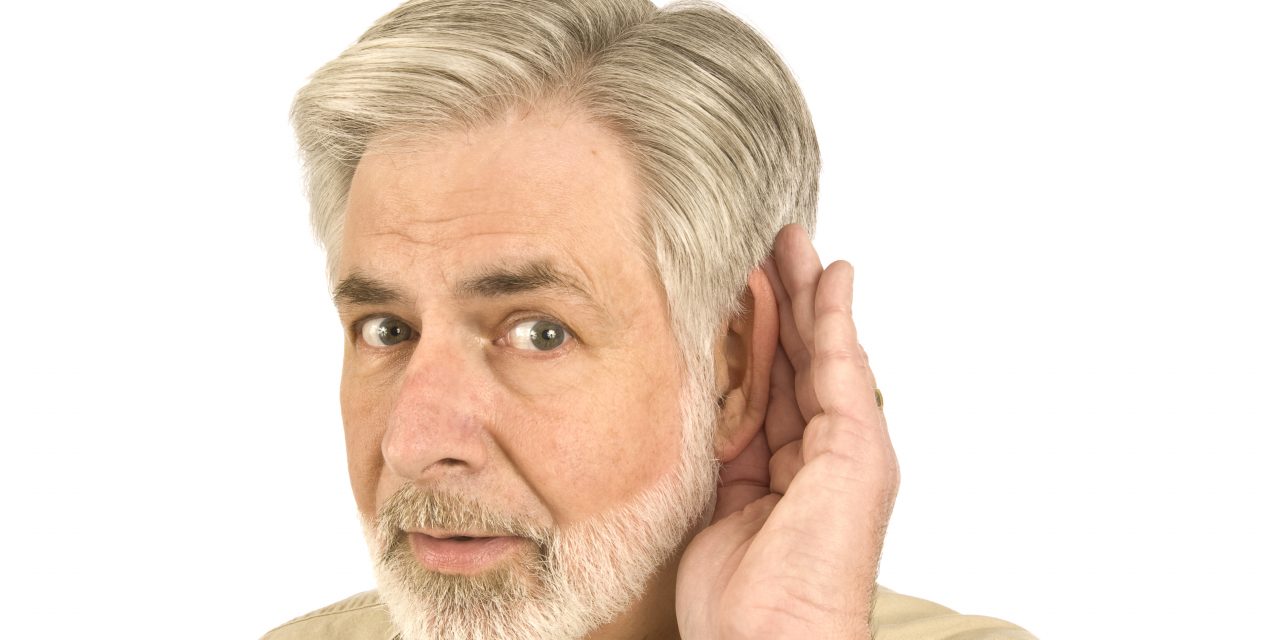
Listening to Your Patient

How many of us have been in situations where there existed anger, stress, hostility between the doctor and patient? As physicians, we’re good at multi-tasking, but when dealing with an upset patient, we need to provide undivided attention to that upset patient. When patients come to see you with passion and emotion and you see visible signs of stress, and efforts are not made to resolve whatever the issue may be, the patient will leave angry. On the next visit, the patient will return twice as angry until that issue is resolved.
Reflective listening is important!
The doctor begins with calming the patient. The patients are more upset if you don’t address them. Before the doctor provides the patient with any form of advice, the patient needs to be honored and respected first!
In a Perfect World:
Doctors would be respected and appreciated for all they do. They would be paid as much as others who hold the precious healthcare of so many in their hands during the day. Who knows healthcare more than anyone?
Patients would earn respect from all those in the healthcare professions. Who knows their body more than anyone?
Common Ground:
Doctors and patients want to see the quality of healthcare succeed in all ways. It IS possible and worthwhile to spend time, energy and effort to come together for the good of the patient.
How we can accomplish this is by the following:
STEP ONE
Bringing it all to the table:
Baggage, luggage, duffle bags and Samsonite!
We always have our baggage. Everyone brings different baggage, whether it’s tiny or large. They might bring so much, you can’t break thru the ice. The doctor may have awakened late, had a bad drive to the office, had an argument with the cashier at the coffee house, had an argument with an adjuster or attorney leading him/her to have a bad day. The patient may have had an argument with his/her children, was running late due to traffic, lost car keys making him/her late, lost his/her credit card all leading to having a bad day.
People’s assumptions on both sides (doctors, patients & others)
Everyone judges and make assumptions about each other. The patient will judge and make assumptions towards the doctor, just as the doctor will do the same towards the patient, all based on whatever predetermined ideas they may have about each other.
Taking things personally:
Remember, that any comments made are not on a personal level but on a business level. The patient is expressing concerns about his/her condition and is not attacking the doctor. The doctor should address the patient’s concerns without attacking the patient.
Your personality, likes and dislikes
We (doctors and patients) have our personalities. We all have our likes and dislikes, and these should not and cannot be part of the conversation with the patients. They must be set aside while the doctor deals with the issue at hand.
STEP TWO
Skills needed by Doctors:
- Redefining perceptions and assumptions = own work first!
- Taking care to not have preconceived notions of the patients before they come in and thereby prejudging them. For example, the patient is overweight, don’t assume that they eat too much, but might it be due to hypothyroidism or might they be pregnant, is there a tumor present?
- Listening skills for non-judgment = “Listen Back” (the exact opposite & mysterious wonderful twin of “Talk Back.”)
- Those doctors must stop being judgmental, but sit back and listen.
- Non-verbal and verbal skills for delivering messages and/or dealing with tense, frustrated, angry and disappointed people.
- Putting the pen down and being able to listen and avoid any perceived negative body language.
Patients Want: to be treated with respect, to be encouraged about their health with positive news, to be welcomed in the clinic, to know that their issues are confidential (HIPAA), to be given support before provided with any information, to be assured that they are good patients.
About 90% of what people communicate is done through everything BUT talking! This means “reading” faces and expressions, a touch, being on time or late to an appointment (doctor or patient), even physical space between people who are talking.
Skills to “Listen Back”:
- Eye contact, nods, open facial expressions (the appearance of paying attention).
- Use a few understanding sounds:
- “Mmmm, I’m hearing you…”
- Repeat back to them some of the words they are saying so they know you are listening to them. This technique alone calms people down who are upset.
- Patient: “Suzy, the CA, placed the therapy wrong, and I’ve had it with her.”
- Doctor:” I can hear that you are upset that Suzy put the therapy wrong, and I will make sure that the therapy is done correctly.”
- You want to make sure that the patient is aware that you heard what they said.
- Put some care and emotion to what the patient is saying:
- “You seem like you are really frustrated with Suzy today.”
- Put into words the challenges of the patient:
- “You work hard all day and then come into to do your therapeutic exercises.”
- Always try to give patients credit (out loud) for their efforts:
- “You really worked hard today to complete the therapeutic exercises.”
Follow through on anything positive, whether that is recognizing that you are grateful for the communication and working together for the benefit of their health needs, recognizing positive behavior or other positive efforts from the patient, giving the patient positive healthcare information articles, etc.
We all go through challenges in our practices on a daily basis. There are those where the biggest challenge is communication with the patient. Start by listening back! Many of you will be surprised at how well the patient will respond. The physician may feel that there are those patients that listening back may not help, but isn’t it worth the try? That patient will keep presenting to the office until their condition is resolved, but will they return or even refer? Practice the “listen back” technique and communicate with your patient. You’ll be happy you did!

















